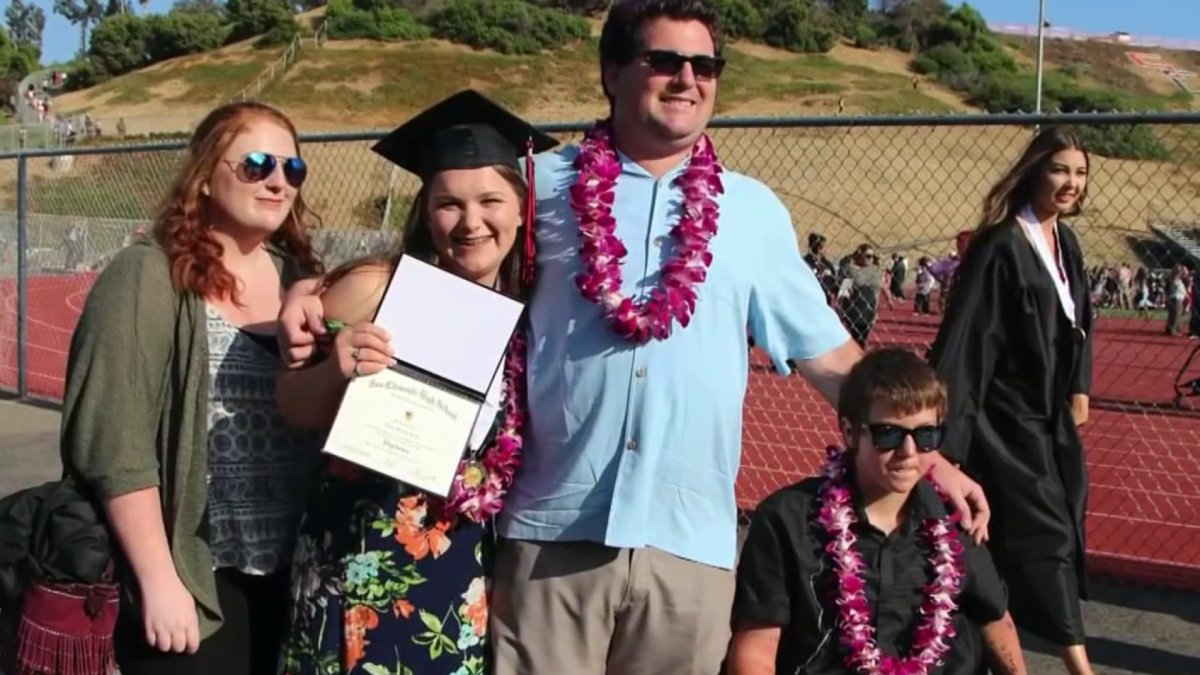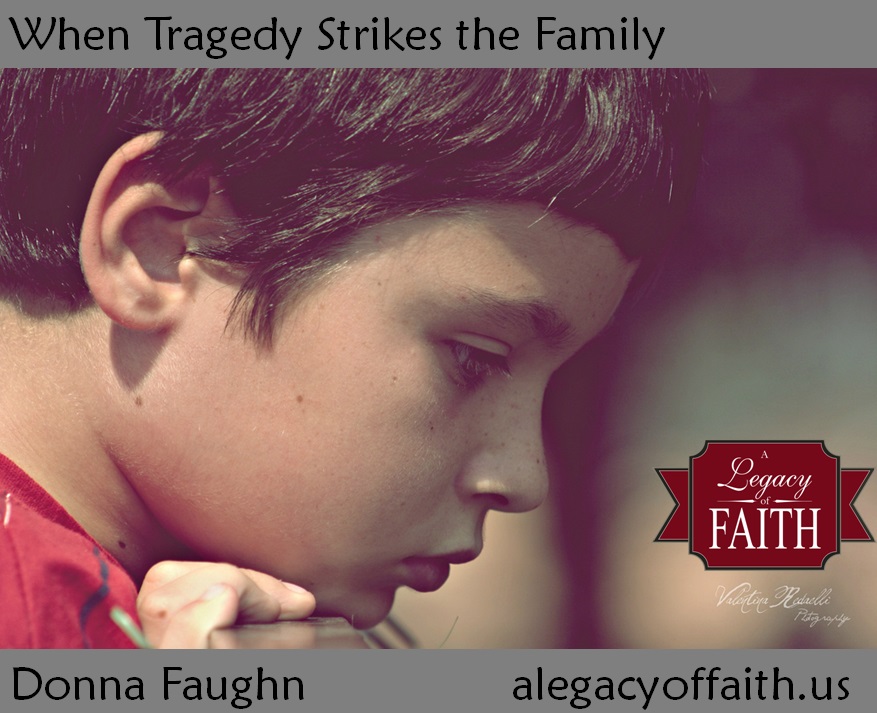Life can change in a heartbeat, especially when tragedy strikes a family. Seeking justice after a family tragedy is more than just a legal process; it's an emotional, mental, and sometimes even physical battle. Whether it's due to a wrongful death, negligence, or criminal acts, the journey to justice becomes a defining moment for those left behind. In this article, we’ll explore the challenges, steps, and resources available to families navigating this difficult path.
Let’s be real here, folks. Losing a loved one is one of the hardest things anyone can experience. When that loss happens because of someone else’s actions—or lack thereof—it can feel like the world is spinning out of control. But guess what? You’re not alone, and there’s power in seeking justice. It’s not just about holding someone accountable; it’s about finding closure, healing, and reclaiming your voice.
We’re gonna dive deep into the nitty-gritty of what it takes to seek justice after a family tragedy. From understanding your legal rights to finding the right support systems, this article has got you covered. So grab a cup of coffee, settle in, and let’s break it down together.
Read also:Tamil Movie Download Your Ultimate Guide To Legal Streaming And Downloads
Understanding the Impact of a Family Tragedy
When a tragedy hits, it doesn’t just affect one person—it ripples through the entire family. The emotional toll can be overwhelming, leaving people feeling lost, angry, and confused. But before we jump into the "how-to" part, let’s first acknowledge the impact of such an event.
Tragedies can manifest in different ways: a car accident caused by a drunk driver, medical malpractice, workplace accidents, or even violent crimes. Each situation brings its own set of challenges, but the common thread is the need for justice. It’s about saying, “Hey, this wasn’t okay, and someone needs to answer for it.”
The Emotional Rollercoaster
Grieving is messy, and there’s no right or wrong way to do it. Some people cry, some lash out, and others withdraw. Whatever your reaction, it’s valid. What’s important is recognizing that seeking justice can actually be part of the healing process.
- Emotional trauma can last long after the initial shock wears off.
- Feelings of anger, guilt, and helplessness are common.
- Talking to a therapist or counselor can help process these emotions.
Finding Your Legal Rights
Alright, so now that we’ve talked about the emotional side, let’s shift gears and focus on the practical steps. One of the first things you need to do after a family tragedy is figure out your legal rights. This might sound daunting, but trust me, it’s crucial.
Depending on the nature of the tragedy, you might have grounds for a wrongful death lawsuit, a personal injury claim, or even criminal charges. The key here is understanding what laws apply to your specific situation. And don’t worry, we’ll walk you through it.
Wrongful Death Lawsuits
A wrongful death lawsuit is essentially a legal claim against someone whose negligence or intentional actions resulted in the death of your loved one. It’s not just about getting money—it’s about holding the responsible party accountable.
Read also:Bollyflix The Ultimate Bollywood Movie Streaming Destination
Here are some things to keep in mind:
- You must prove negligence or wrongful conduct.
- Only certain family members (usually spouses, children, or parents) can file a wrongful death claim.
- Each state has its own statutes of limitations, so act fast.
Building a Strong Case
Now that you know your legal rights, it’s time to build a strong case. This is where the rubber meets the road, folks. Gathering evidence, finding witnesses, and documenting everything is key to success in court.
Think of it like putting together a puzzle. Every piece matters, from police reports to medical records. And if you’re dealing with a criminal case, working closely with law enforcement is essential.
Gathering Evidence
Evidence is the backbone of any legal case. Here’s how you can start collecting it:
- Get copies of all relevant documents, including accident reports and medical records.
- Take photos of the scene, injuries, or any physical evidence.
- Write down everything you remember about the incident while it’s still fresh in your mind.
Choosing the Right Attorney
Having a good attorney by your side can make all the difference. But how do you choose the right one? Well, it’s not as simple as picking a name out of a hat. You want someone who specializes in cases like yours and has a proven track record of success.
Here’s a quick checklist to help you find the perfect fit:
- Look for attorneys with experience in wrongful death or personal injury cases.
- Check their success rate and client reviews.
- Make sure they communicate openly and honestly with you.
What to Expect from Your Attorney
Your attorney should be your advocate, guide, and sounding board throughout the process. They’ll handle the legal legwork while you focus on healing. But remember, communication is key. If something feels off, speak up.
Navigating the Court System
Courtrooms can be intimidating, no doubt about it. But understanding the process can help ease some of that anxiety. From filing paperwork to attending hearings, there’s a lot to navigate. Let’s break it down step by step.
First, there’s the discovery phase, where both sides exchange information and evidence. Then comes pre-trial motions, settlement negotiations, and finally, the trial itself. It’s a marathon, not a sprint, so patience is key.
Preparing for Trial
If your case goes to trial, preparation is everything. Your attorney will help you gather witnesses, prepare testimony, and anticipate the other side’s arguments. But don’t forget—you’re the expert on your own story. Be honest, clear, and confident when sharing your experiences.
Seeking Emotional and Financial Support
Justice isn’t just about money or punishment; it’s also about rebuilding your life. And that often requires emotional and financial support. Whether it’s through therapy, support groups, or financial assistance, don’t be afraid to ask for help.
Financially, a successful lawsuit can provide compensation for lost wages, medical bills, and funeral expenses. Emotionally, talking to others who’ve been through similar experiences can be incredibly healing.
Joining Support Groups
Support groups offer a safe space to share your story, connect with others, and gain valuable insights. Many organizations specialize in helping families cope with tragedy, so take advantage of them.
Overcoming Obstacles
No journey to justice is without its hurdles. There will be setbacks, delays, and moments of frustration. But remember, every step forward is progress. Staying resilient and focused is key to seeing this through.
Here are some common obstacles and how to overcome them:
- Legal delays: Stay organized and follow up with your attorney regularly.
- Emotional exhaustion: Prioritize self-care and seek support when needed.
- Financial strain: Explore all available resources, including legal aid or payment plans.
Lessons Learned Along the Way
While no one ever wants to go through a family tragedy, there are lessons to be learned. Strength, resilience, and the power of community are just a few of the takeaways. Sharing your story can also inspire others facing similar challenges.
Remember, seeking justice isn’t just about the outcome—it’s about the journey. Every step you take brings you closer to healing and closure.
Sharing Your Story
Telling your story can be cathartic and empowering. Whether it’s through social media, public speaking, or writing, sharing your experience can help others and bring you peace.
Conclusion: Taking Action
In conclusion, seeking justice after a family tragedy is a challenging but necessary journey. It’s about holding people accountable, finding closure, and rebuilding your life. By understanding your rights, building a strong case, and leaning on support systems, you can navigate this difficult path with strength and resilience.
So here’s my call to action: If you’re reading this and considering taking steps toward justice, don’t wait. Reach out to a trusted attorney, join a support group, or simply start gathering your evidence. Every action you take brings you one step closer to healing.
And hey, if you found this article helpful, share it with someone who might need it. Together, we can create a community of support and understanding.
Table of Contents
- Understanding the Impact of a Family Tragedy
- Finding Your Legal Rights
- Building a Strong Case
- Choosing the Right Attorney
- Navigating the Court System
- Seeking Emotional and Financial Support
- Overcoming Obstacles
- Lessons Learned Along the Way
- Conclusion: Taking Action


